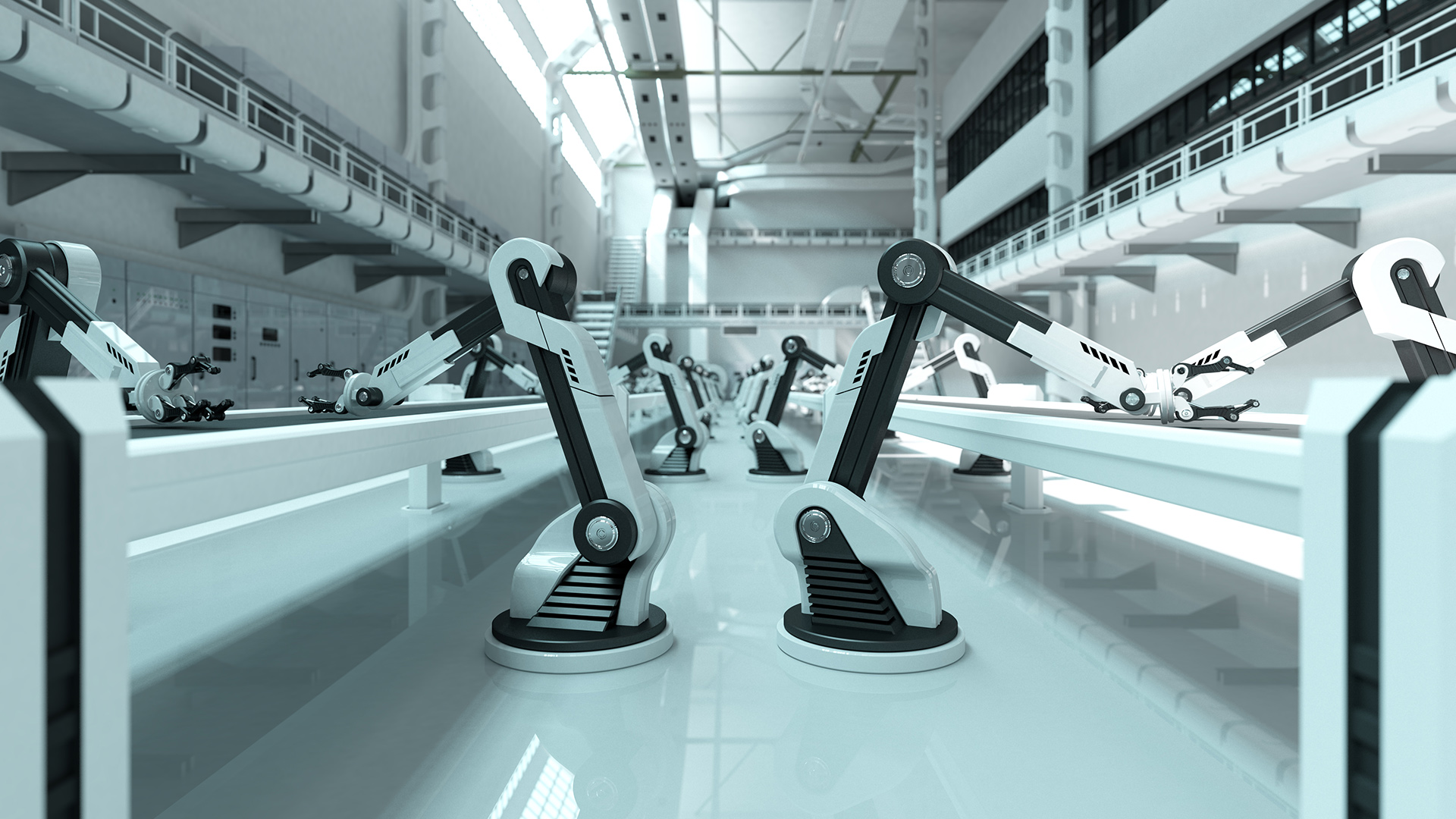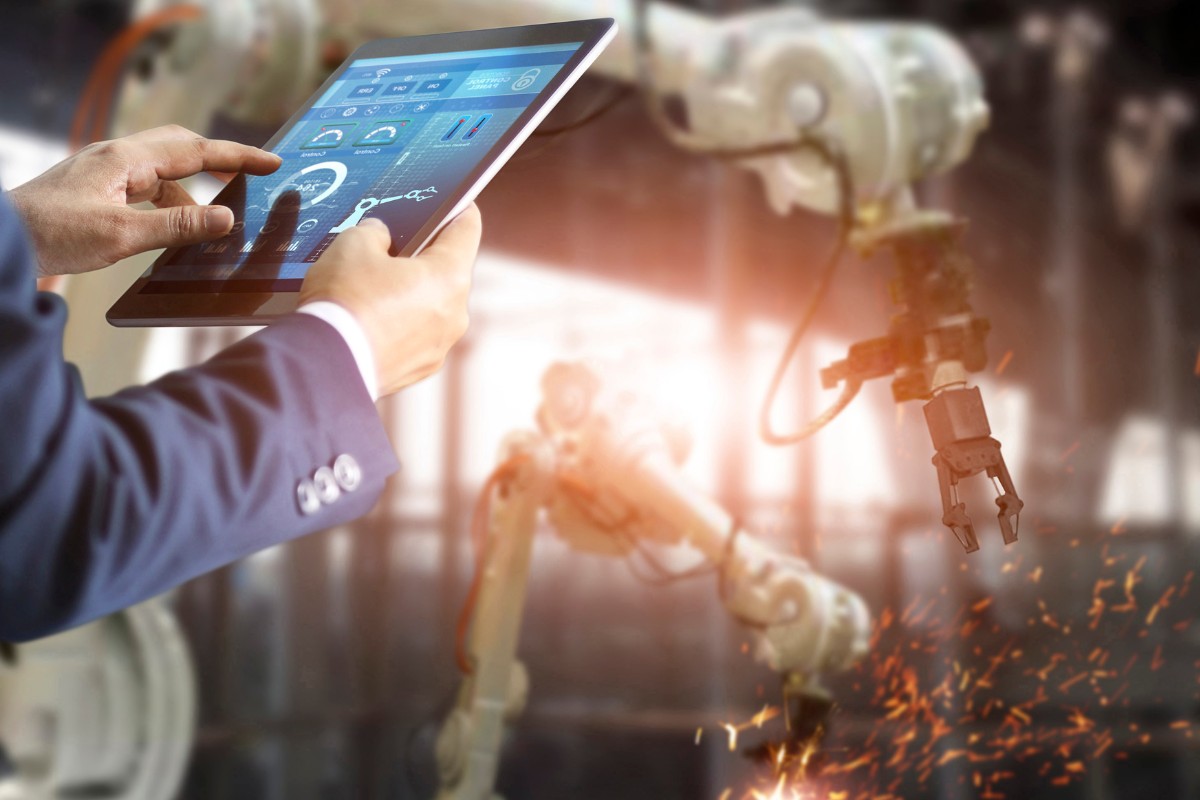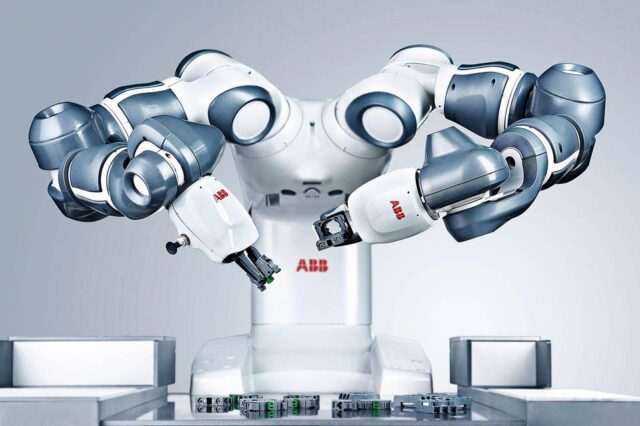Robotics has been increasingly transforming the field of engineering with its innovative technologies and groundbreaking advancements. The future of robotics in engineering holds immense potential for revolutionizing various industries and improving efficiency.
As robotics continue to evolve, engineers are exploring new possibilities and pushing the boundaries of what is achievable. From autonomous vehicles to robotic manufacturing processes, the landscape of engineering is being reshaped by these sophisticated machines.
In this article, we will delve into the exciting developments and emerging trends that are shaping the future of robotics in engineering.
Evolution of Robotics in Engineering

Over the years, robotics in engineering has evolved significantly, transforming the way tasks are carried out in various industries. From simple mechanized systems to sophisticated autonomous robots, the field of robotics has seen groundbreaking advancements.
Engineers are constantly pushing the boundaries of technology to create robots that are more efficient, versatile, and capable of handling complex tasks. The evolution of robotics in engineering has paved the way for increased automation, precision, and safety in numerous applications, revolutionizing the way we approach difficult challenges in the modern world.
As technology continues to advance, the future of robotics in engineering holds endless possibilities for innovation and growth.
Applications of Robotics in Various Engineering Fields

The integration of robotics in various engineering fields has revolutionized the way tasks are accomplished in industries such as manufacturing, construction, aerospace, and healthcare. Robotics has significantly increased efficiency, accuracy, and safety in these sectors, making processes faster and more precise.
In manufacturing, robots are used for assembly lines and material handling, leading to improved productivity and reduced costs. In construction, robots assist in tasks such as bricklaying and welding, enhancing build quality and speeding up construction timelines.
In aerospace, robots are utilized for maintenance, inspection, and assembly of aircraft components, ensuring adherence to strict safety standards. In healthcare, robots are playing a crucial role in surgeries, rehabilitation, and patient care, enhancing the precision and effectiveness of medical procedures.
The applications of robotics in engineering fields continue to expand, promising a future of innovation and advancement.
Advancements in Robotics Technology

Recent advancements in robotics technology have revolutionized the field of engineering, paving the way for a future filled with innovative possibilities. From autonomous drones and self-driving cars to sophisticated humanoid robots, the landscape of robotics is rapidly evolving. Engineers are now able to design and develop robots with enhanced capabilities, making previously impossible tasks achievable.
These advancements have not only improved efficiency and productivity in various industries but have also opened up new opportunities for exploration and discovery. As robotics technology continues to progress, the potential for even greater advancements and applications in engineering is virtually limitless.
The future of robotics holds immense promise for shaping a world where technology seamlessly integrates with everyday life, pushing the boundaries of what is possible.
Conclusion
In conclusion, the future of robotics in engineering is promising and transformative. As technology continues to advance, robots will play an increasingly crucial role in various engineering tasks, from manufacturing and construction to research and development.
While it is true that some aspects of engineering may be automated by robots in the future, it is unlikely that engineers will be entirely replaced. Will engineers be replaced by robots? Instead, engineers will need to adapt and embrace the opportunities that robotics present in order to enhance their own skills and capabilities. Ultimately, the collaboration between engineers and robots will lead to more efficient, innovative, and sustainable solutions in the field of engineering.




